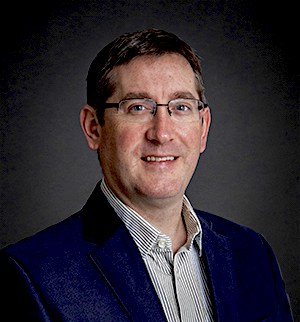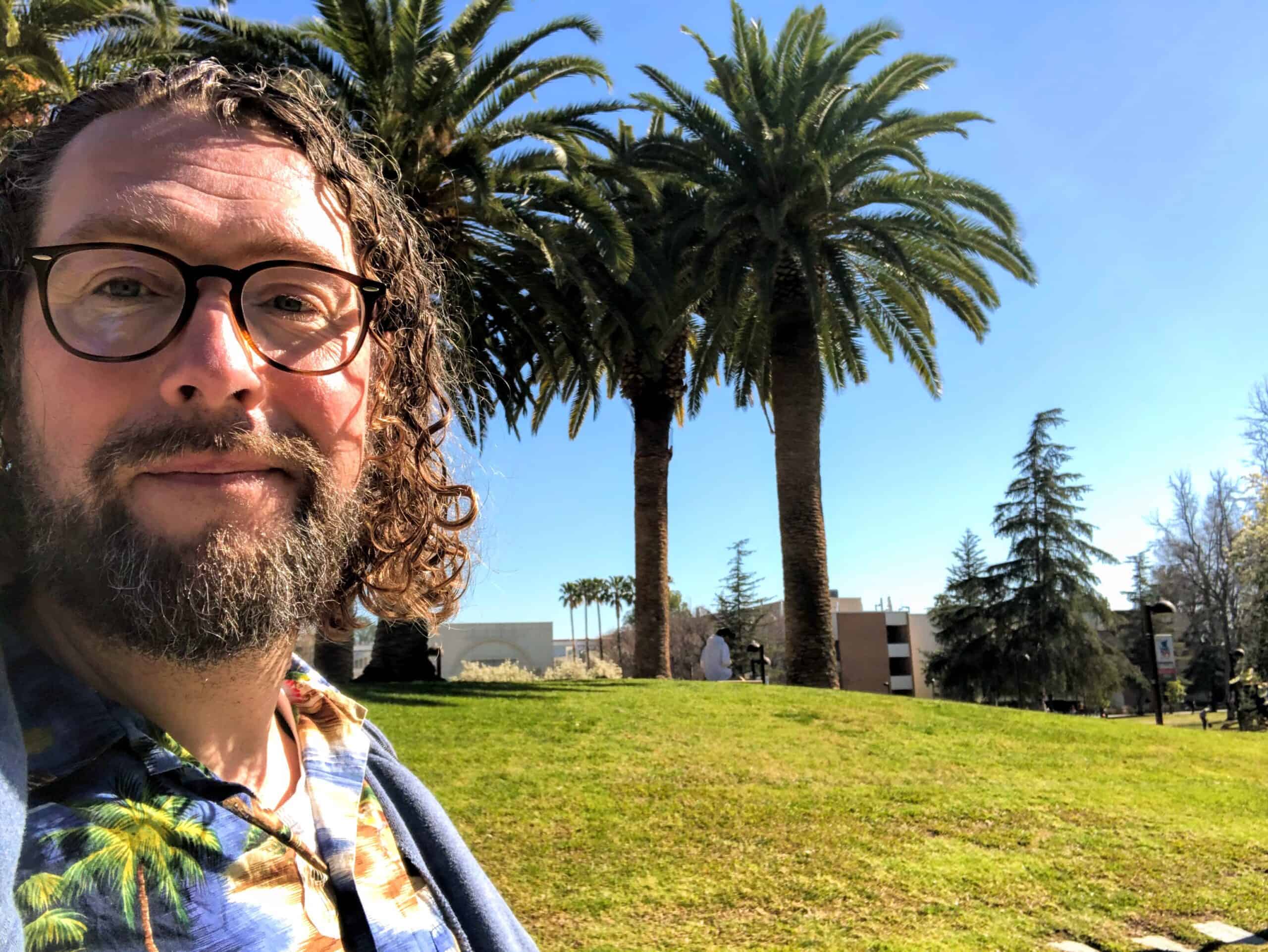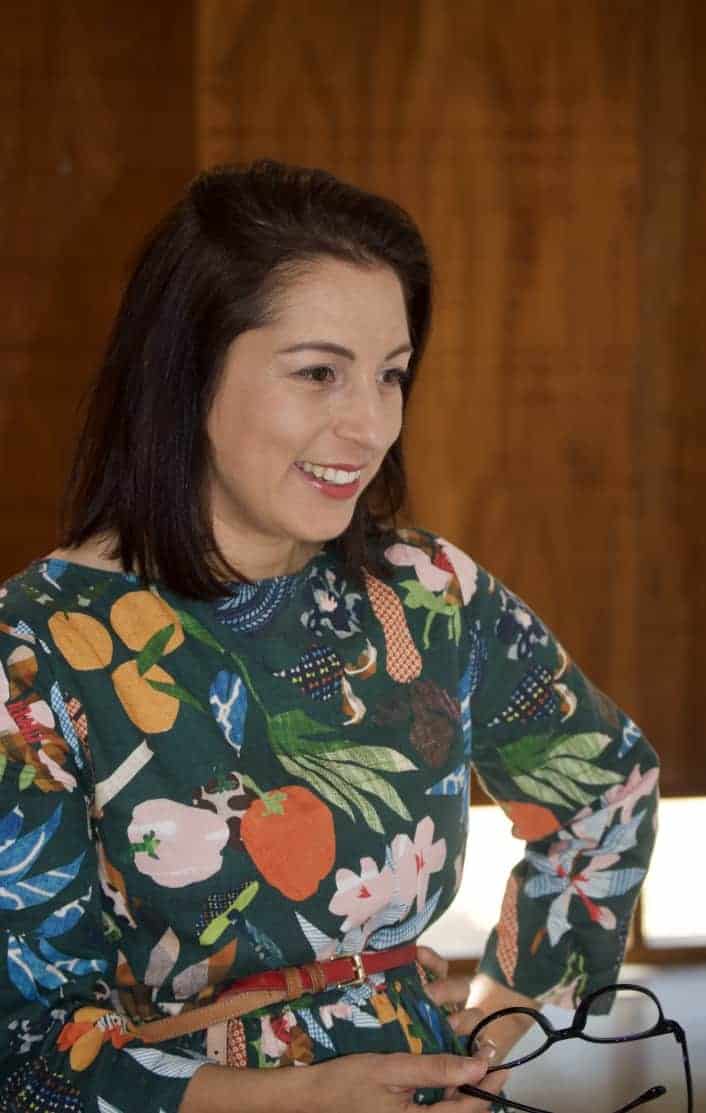
Promoting Inclusion and Equity in Education
Inclusion, Law and Policy The reason for the study is to explore how education systems can become more inclusive and equitable by drawing on international
The MARIO Framework® pedagogy is founded on what science has revealed about learning – including
disciplines concerning the whole person and the ways we gain mastery.
MARIO Education focuses on what matters most: improving the quality of school relationships through impactful student-teacher conversations.
Targeted 1:1 conversations every class period led to significant academic gains. Students who participated in our intervention showed notably higher GPAs in core subjects compared to peers in control groups, demonstrating the real impact of meaningful connection.
Director of Scientific Affairs at Boston Strategic Partners

Author & Founder of Novak Education

Co-Founder & CEO of MARIO Education
These academic researchers support our mission to help bridge the gap between educational researchers and practitioners. Together with MARIO, they are committed to empowering and inspiring more educators to become teacher-researchers.

Ball State University

Penn State University

Growing Minds Consulting, LLC

Practical Psychological Services

University of Colorado, Colorado Springs

University of Houston-Clear Lake

Penn State University

University of Winchester

Practical Psychological Services

Kristianstad University, Faculty of Education

University of Houston-Clear Lake

Malmö University

University of Winchester

Linneaus University

Kristianstad University, Faculty of Education

Point Loma Nazarene University

Malmö University

Monash University
We understand that educators are pressed for time. To help, our team reviews recently published studies on a monthly basis and posts key findings and potenti

Inclusion, Law and Policy The reason for the study is to explore how education systems can become more inclusive and equitable by drawing on international

Inclusion, Online Learning The reason for the study is to explore language teachers’ beliefs, knowledge, and practices regarding the education of learners with specific learning

Learning Environment. Metacognition The purpose of this study was to conduct a scoping review of the literature on ‘productive struggle’ in mathematics education. The review

Professional Learning While integrated leadership is a well-researched field, most studies focus on its impact on student achievement and often overlook its relationship with instructional

Motivation Online Learning This study aimed to explore how task instructions, framed with need-supportive statements, can support motivation and the mechanisms that could explain the

Self-Regulation Motivation Since the COVID-19 lockdown, a noticeable decline in student motivation has been observed, particularly with the transition to distance learning. This study explores

Self-Assessment Self-assessment is a student-directed process, and students’ perceptions of it are crucial to its implementation and overall effectiveness. While there is a growing body

Learning Environment The purpose of the present study was to explore qualitatively, from the perspectives of both students and faculty, the key elements of the

Self-Assessment This study aims to examine the available empirical evidence regarding the accuracy of self-assessment and its effects, as well as to identify potential factors,

Psychology Social and Emotional Learning This review attempts to consider the eminence of teacher interpersonal behavior and learner-teacher relations in the classroom and indeed illustrate

Inclusion, Law and Policy The reason for the study is to explore how education systems can become more inclusive and equitable by drawing on international

Inclusion, Online Learning The reason for the study is to explore language teachers’ beliefs, knowledge, and practices regarding the education of learners with specific learning

Learning Environment. Metacognition The purpose of this study was to conduct a scoping review of the literature on ‘productive struggle’ in mathematics education. The review

Professional Learning While integrated leadership is a well-researched field, most studies focus on its impact on student achievement and often overlook its relationship with instructional

Motivation Online Learning This study aimed to explore how task instructions, framed with need-supportive statements, can support motivation and the mechanisms that could explain the

Self-Regulation Motivation Since the COVID-19 lockdown, a noticeable decline in student motivation has been observed, particularly with the transition to distance learning. This study explores

Self-Assessment Self-assessment is a student-directed process, and students’ perceptions of it are crucial to its implementation and overall effectiveness. While there is a growing body

Learning Environment The purpose of the present study was to explore qualitatively, from the perspectives of both students and faculty, the key elements of the

Self-Assessment This study aims to examine the available empirical evidence regarding the accuracy of self-assessment and its effects, as well as to identify potential factors,

Psychology Social and Emotional Learning This review attempts to consider the eminence of teacher interpersonal behavior and learner-teacher relations in the classroom and indeed illustrate
© 2019-2025 MARIO Framework®, LLC, All Rights Reserved
MARIO Framework, LLC dba MARIO Education, info@marioeducation.com 8 The Green, STE 16162, Dover DE 19901, United States, +1-302-490-0946